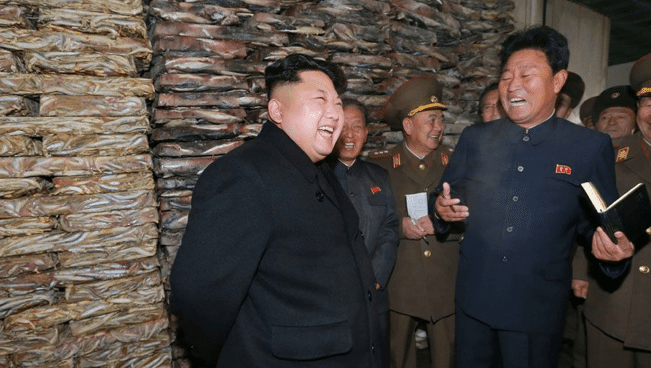When it comes to discussing North Korea, the image of a “land of starvation” may still dominate perceptions of the country, but more and more people are coming to understand, perhaps somewhat reluctantly, that this characterization is incorrect.
Recently, the Bank of Korea, South Korea’s central bank, changed its long-held position on the North Korean economic growth. For years, the Bank of Korea has published improbably low estimates of North Korea’s annual GDP growth, usually claiming it to be between 1% and 1.3% - well below the estimates of virtually all other observers.
When it comes to discussing North Korea, the image of a “land of starvation” may still dominate perceptions of the country, but more and more people are coming to understand, perhaps somewhat reluctantly, that this characterization is incorrect.
Recently, the Bank of Korea, South Korea’s central bank, changed its long-held position on the North Korean economic growth. For years, the Bank of Korea has published improbably low estimates of North Korea’s annual GDP growth, usually claiming it to be between 1% and 1.3% - well below the estimates of virtually all other observers.
Become a member for less
than $5.75 per week.
Unlimited access to all of NK News: reporting, investigations, analysis
The NK News Daily Update, an email newsletter to keep you in the loop
Searchable archive of all content, photo galleries, special columns
Contact NK News reporters with tips or requests for reporting
Get unlimited access to all NK News content, including original reporting, investigations, and analyses by our team of DPRK experts.
Subscribe now
All major cards accepted. No commitments – you can cancel any time.












